The Remarkable Story Of How Alibaba Defeated eBay In China
This quote, from founder Jack Ma, has become emblematic of the half-decade battle between eBay and Alibaba.

Before you can understand Alibaba's rise to greatness, it's important to understand a few things about Ma.
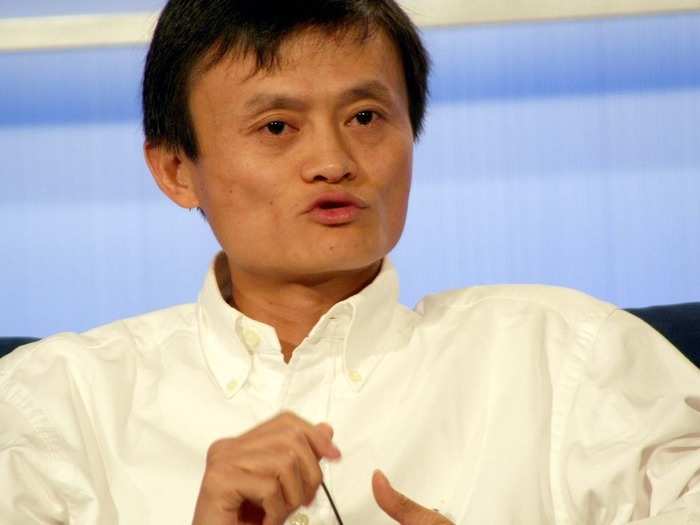
Every morning for nine years, a young Jack would go to a local hotel in his home of Hangzhou, China to befriend foreign tourists and learn English.
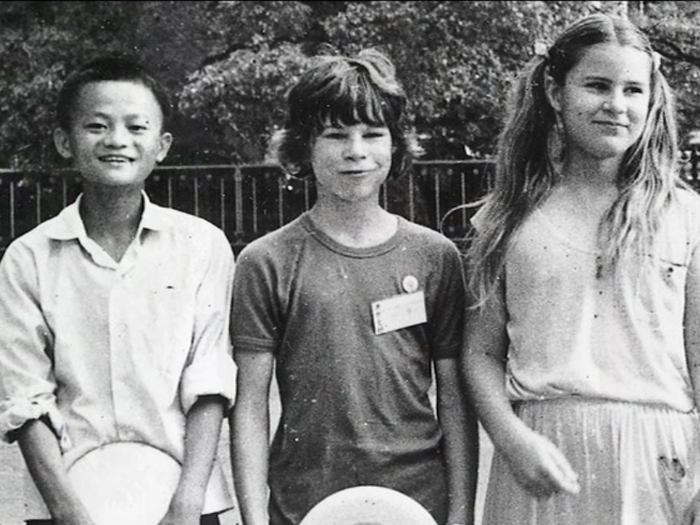
He eventually became an English teacher, making about $12 a month at a local university. During China's export boom, he started a translation company.
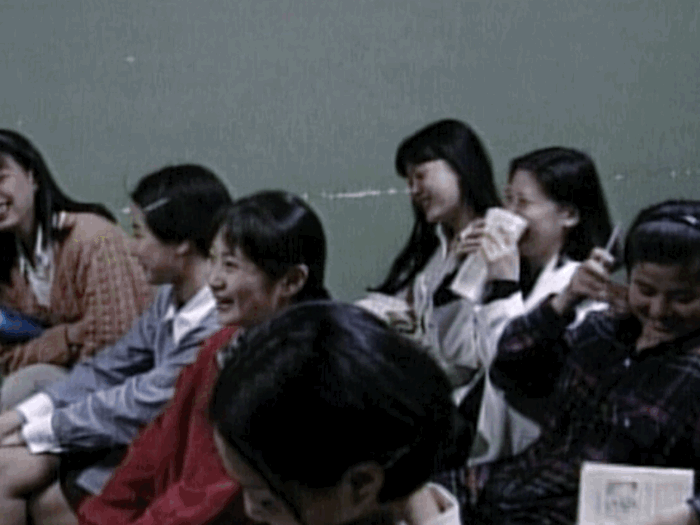
In 1995, he traveled to the U.S. to do a translation project. The project ended up being a scam, but Ma's time in the U.S. still played an important role: He discovered the Internet.
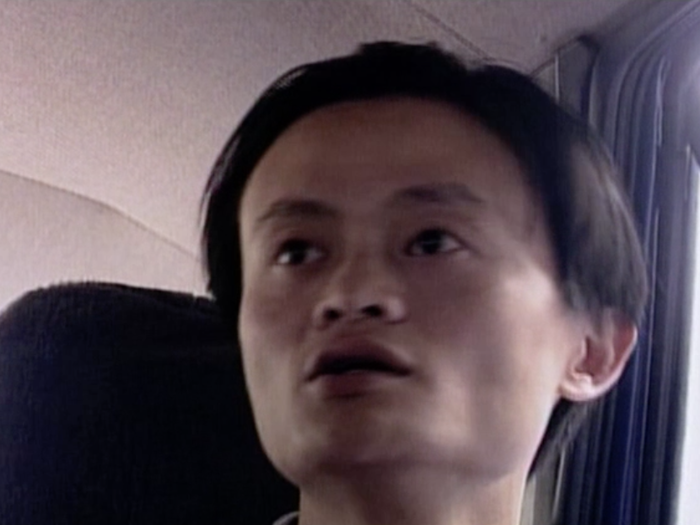
There was no Chinese content online at that time, and Ma started China's first Internet company, called China Pages. He tried to get the Chinese government excited about the Internet, too.
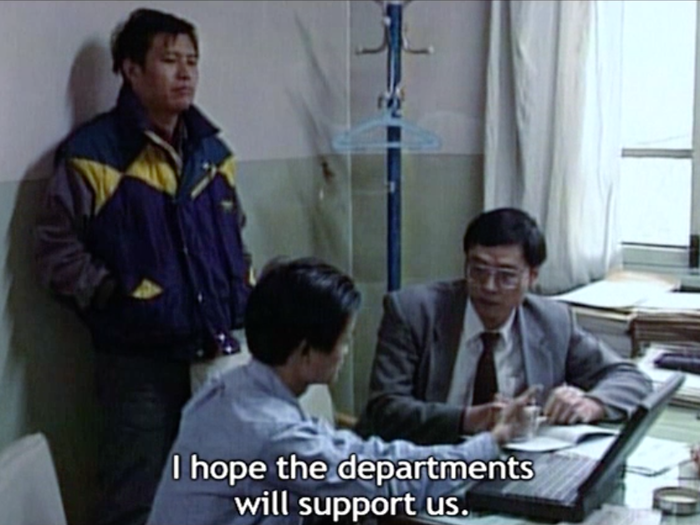
The government wasn't interested. Customers weren't interested. 1995 was too early for an Internet company in China.

Ma was working in the e-commerce division of a government ministry when the 1999 Internet bubble hit Wall Street. He decided that he needed to give his plan for an internet business another shot.
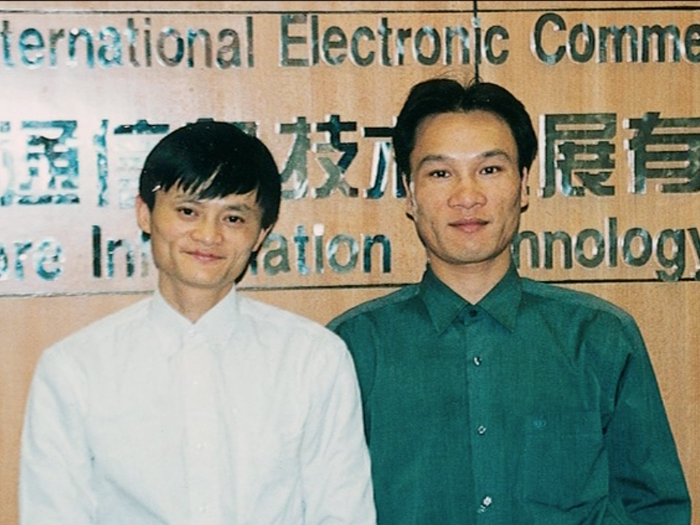
He gathered 17 friends into his apartment and they built their own online business marketplace, calling it Alibaba.
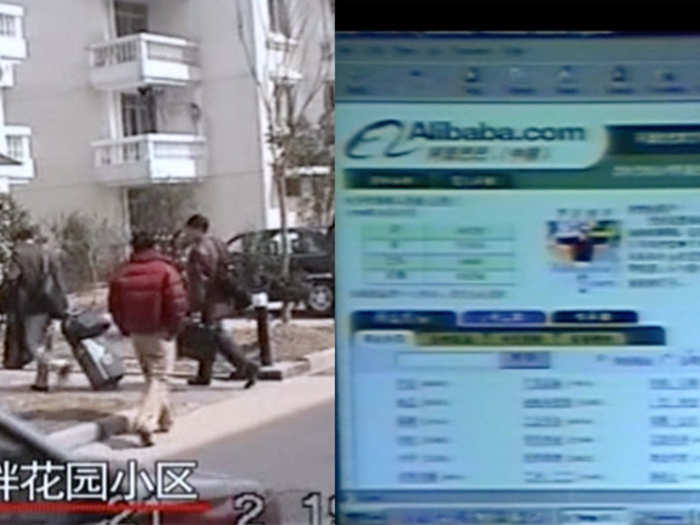
From the very beginning, Ma positioned it as a global website and predicted it would join the ranks of U.S. tech titans.
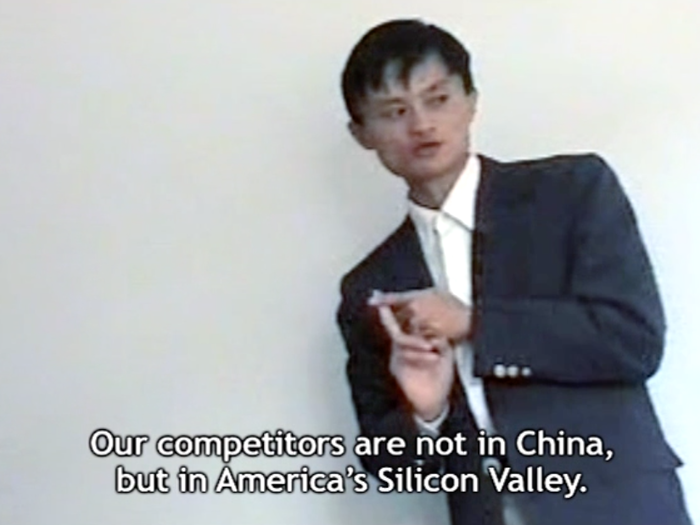
Alibaba.com — which let exporters post product listings that buyers could browse — started to attract members from all around the world. By October 1999, the company raised $5 million from Goldman Sachs and $20 million from SoftBank.
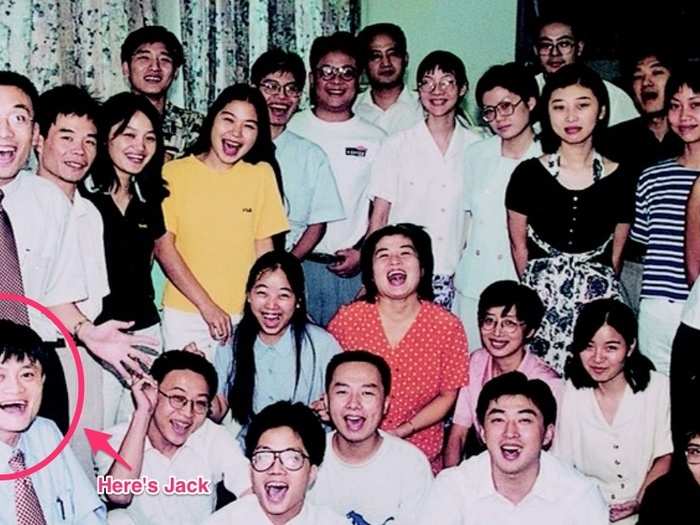
Ma wanted to take the company public by 2002.
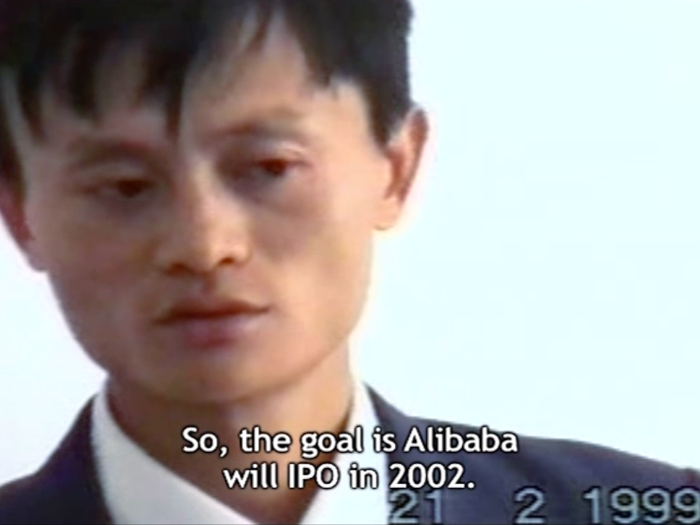
At the time, that didn't seem like a stretch. The buzz about Alibaba was beginning to grow.
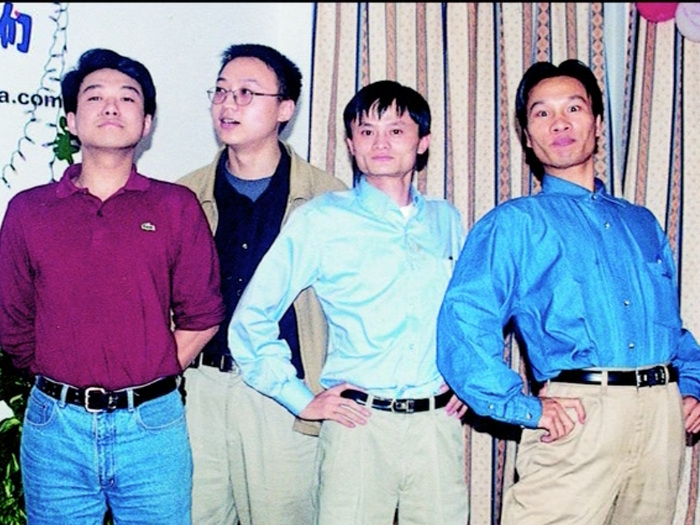
The company started getting more press. Reporters called the scrappy, animated Ma "Crazy Jack." Things were looking good.
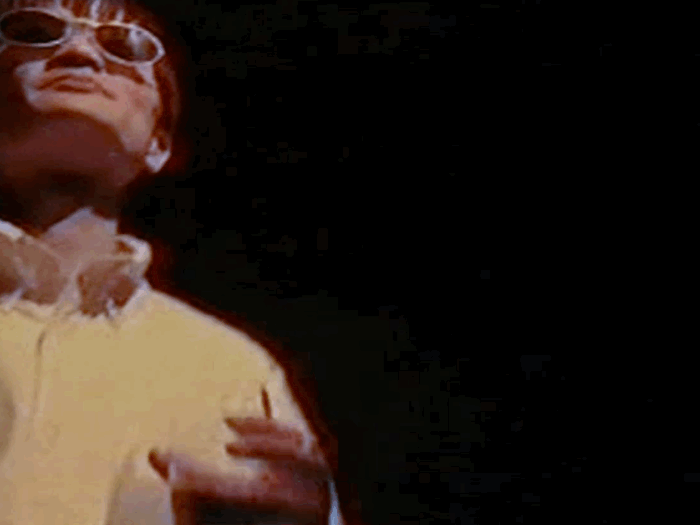
But then NASDAQ crashed.
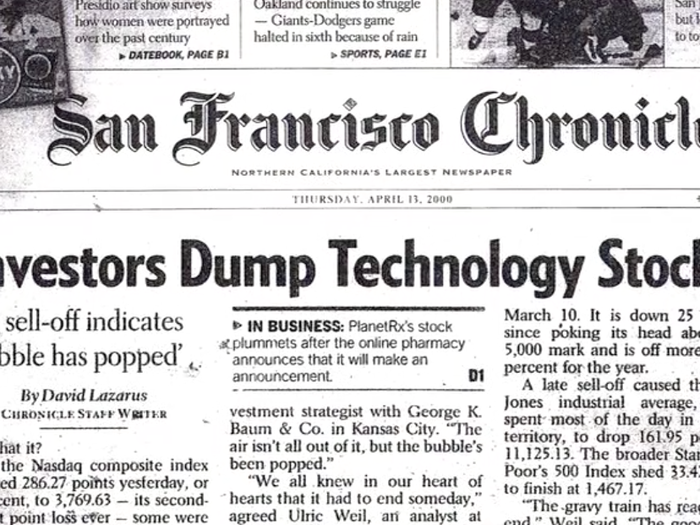
Ma set off on a media tour in London and tried to combat the increasingly skeptical attitude people had toward internet companies at the time.
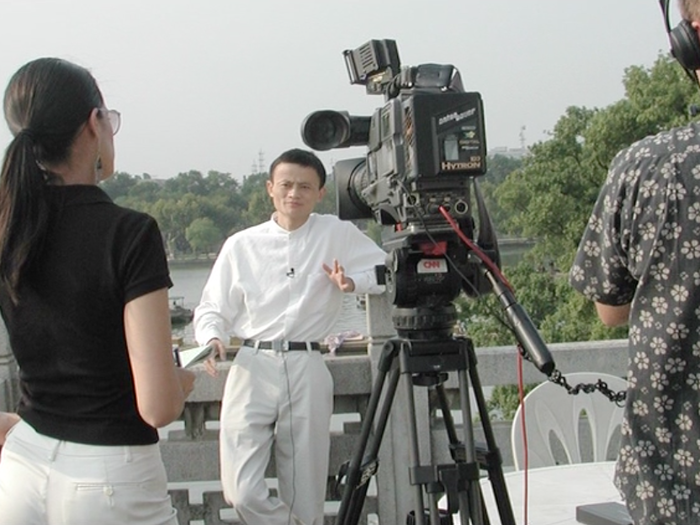
In July 2000, Forbes put him on the cover of the magazine. He was the first mainland Chinese entrepreneur to ever appear on its cover.
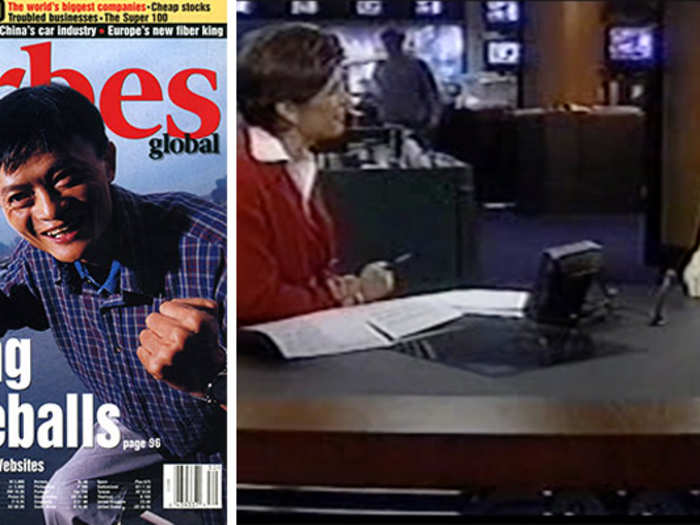
High off its own success, the company started expanding quickly. Ma moved the engineering and production aspects of its English site to Silicon Valley.
But Alibaba hadn't made any revenue yet and was burning through cash. Ma decided to close the U.S. office, laying off dozens of employees. In 2001, Alibaba had to lay off the rest of its international staff, too.
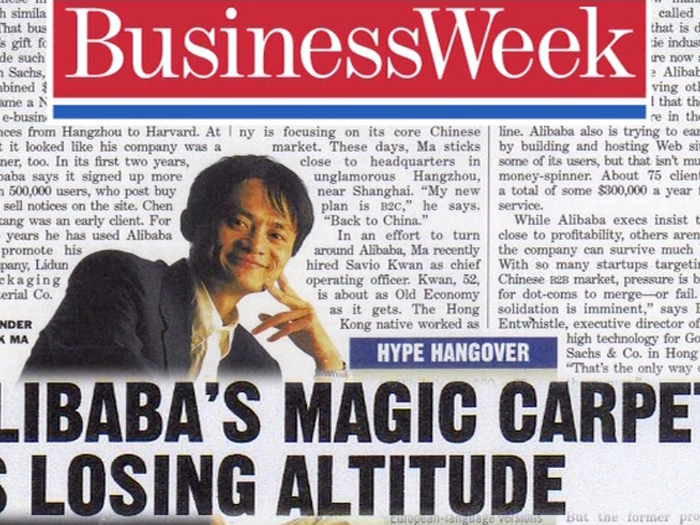
Humbled, Alibaba hired a COO and doubled down on its mission and values. Ma realized that people would pay hefty sums to have their product listings appear higher in search and launched a paid service.
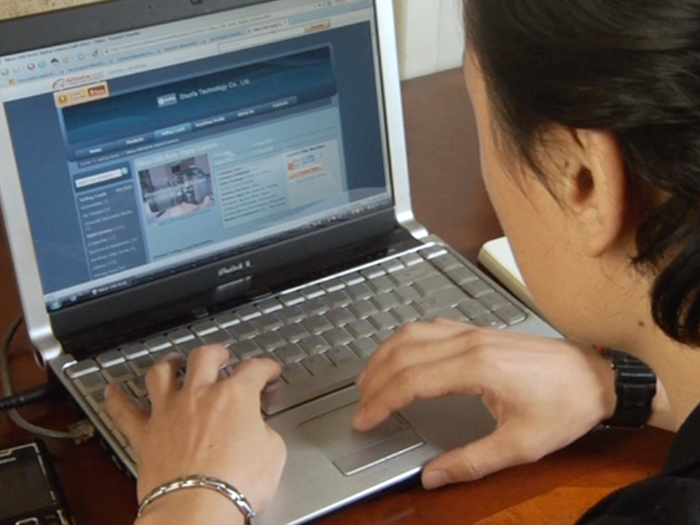
Alibaba went on a roadshow, convincing business owners all over China to start using the Internet.
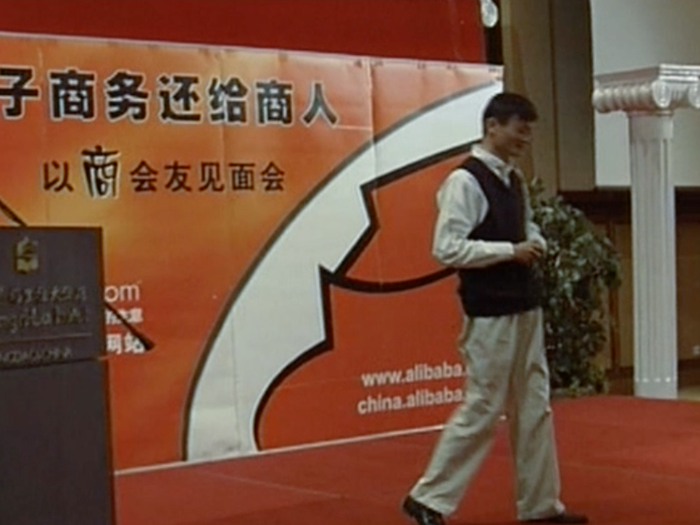
By the end of the year, more than five years after launch, Alibaba officially became profitable. Employees celebrated by going crazy with Silly String.
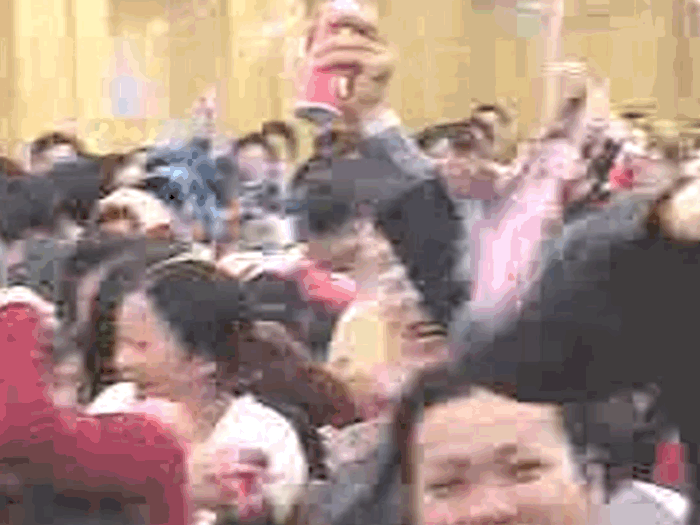
Everything was on the right track, until disaster struck. In 2002, an Alibaba employee was diagnosed with the deadly virus SARS and the whole staff had to be quarantined.
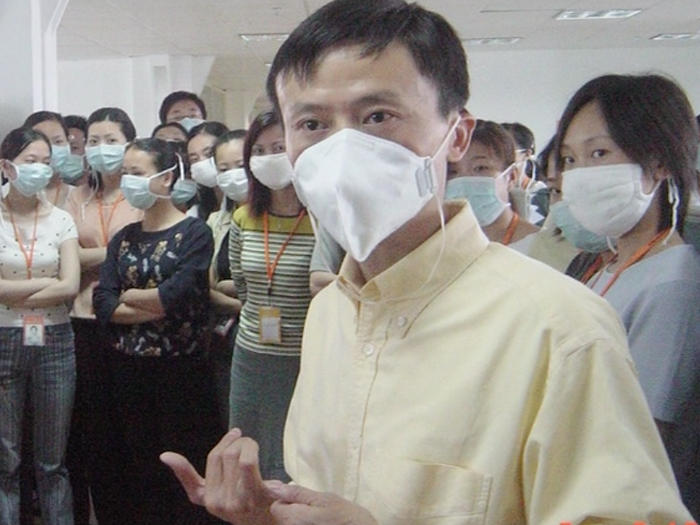
Employees lugged computers back to their apartments so that the company could remain up and running.

Meanwhile, eBay's presence in China was growing fast. It had bought a stake in Eachnet, a Chinese eBay clone, and Ma knew it would start stealing his customers.
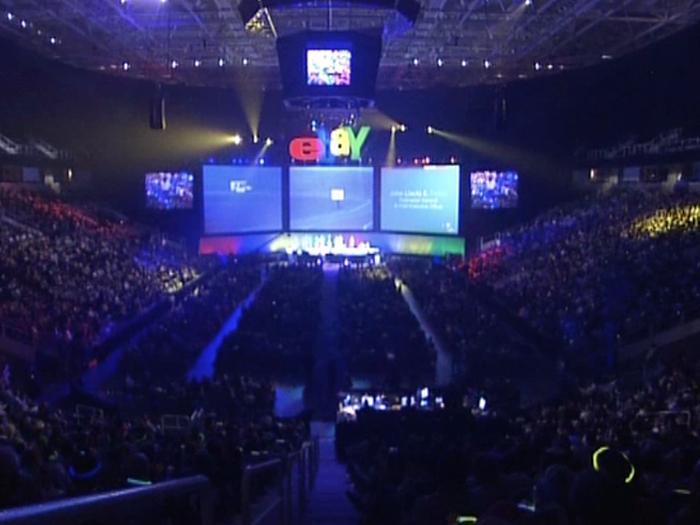
A small team snuck off to the apartment where Alibaba was founded to start creating Taobao, Alibaba's consumer-to-consumer sales site. They did handstands on breaks to keep up their energy levels.
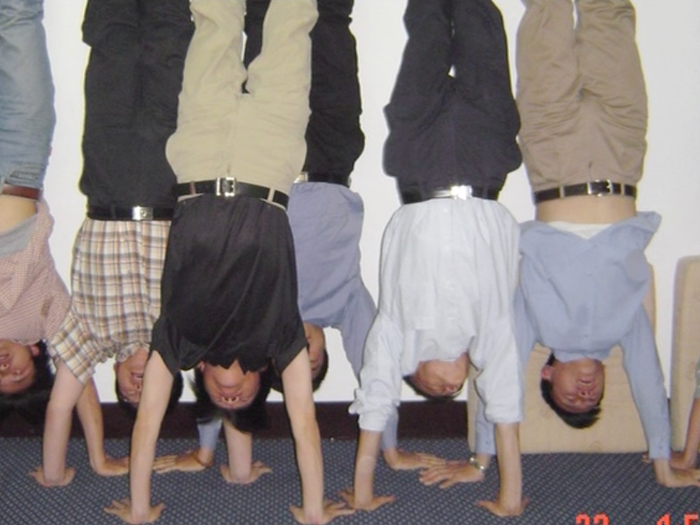
The launch of Taobao coincided almost exactly with eBay's decision to buy the rest of Each.net and invest $150 million into the business.

eBay's CEO Meg Whitman was confident in the company's future e-commerce dominance of China. Through its investment, it controlled at least 85% of the market.
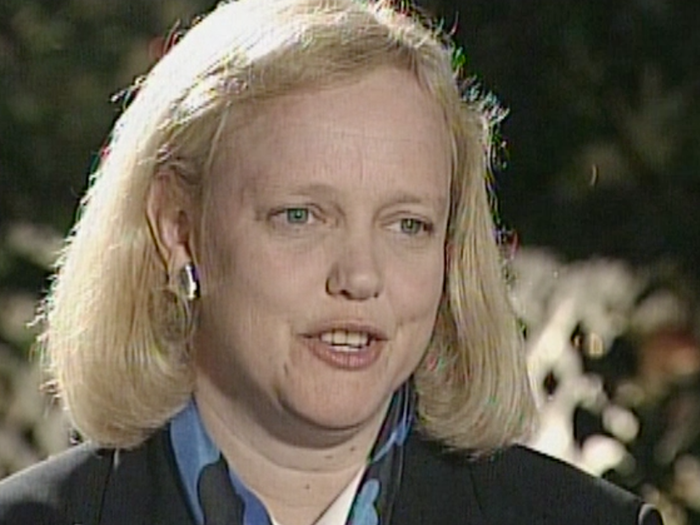
In response, Alibaba invested 1 million yuan into Taobao. Ma said that Taobao would be better suited to the Chinese market than eBay's Chinese site.
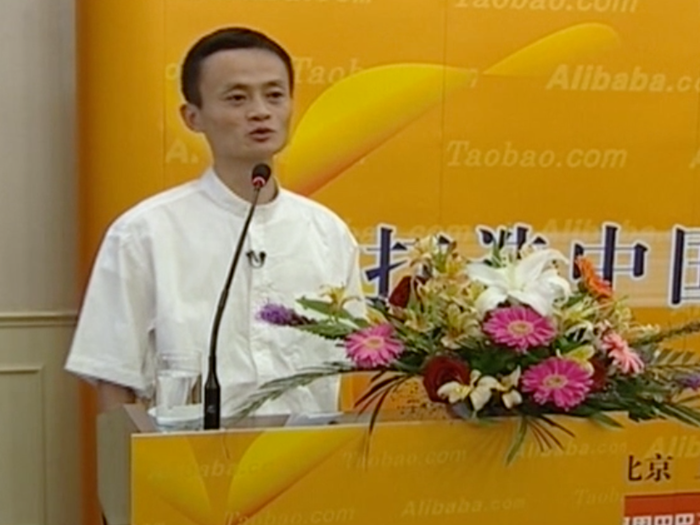
He also said that users could sell their goods for free for the first three years.
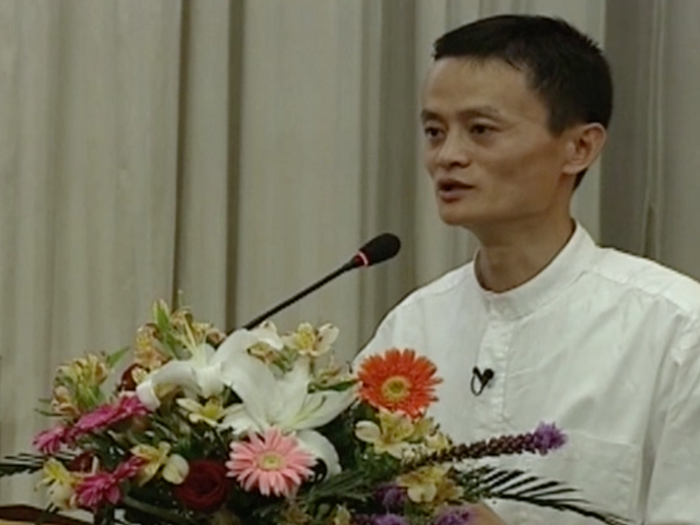
Alibaba "declared war" on eBay, launching a huge, army-themed publicity stunt to win Taobao some free press.

Taobao was very much the underdog. Alibaba had far fewer resources than the enormous eBay.
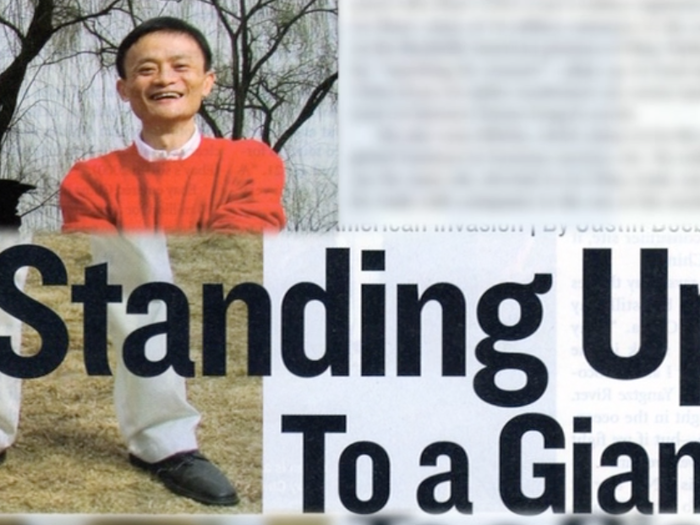
But Ma and his team knew the Chinese market better than Whitman. While eBay slashed features that Chinese users liked, Taobao made its site flashy and personable.
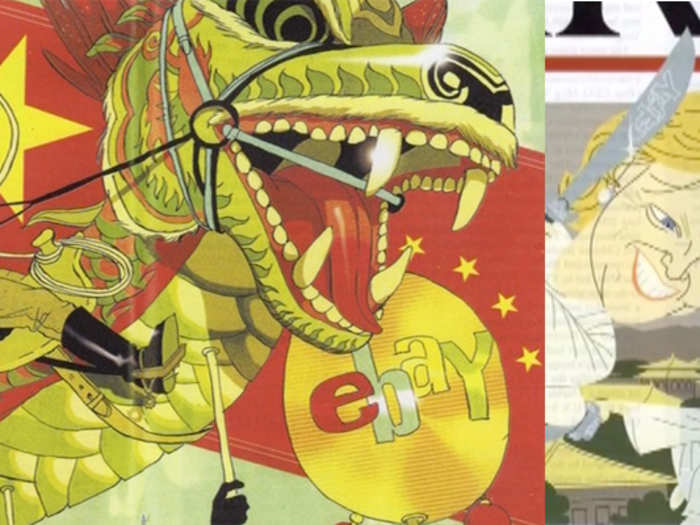
The site brought a softer, more human touch to e-commerce that helped it gain consumer trust.
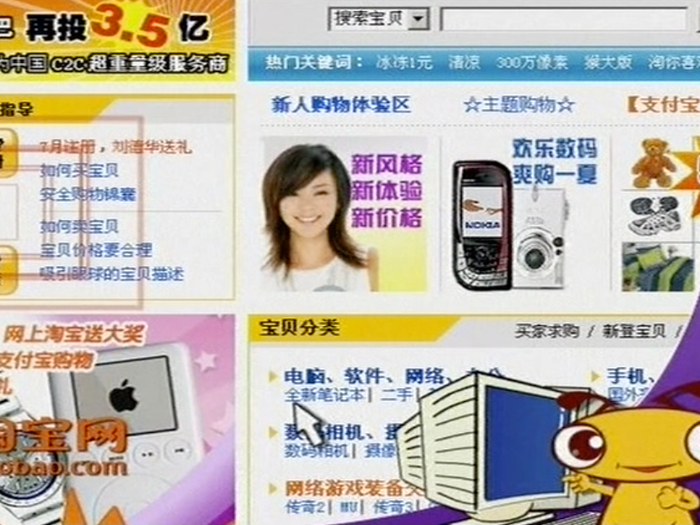
The company won over China's optimistic youth. More people started to switch from eBay's site to Taobao.
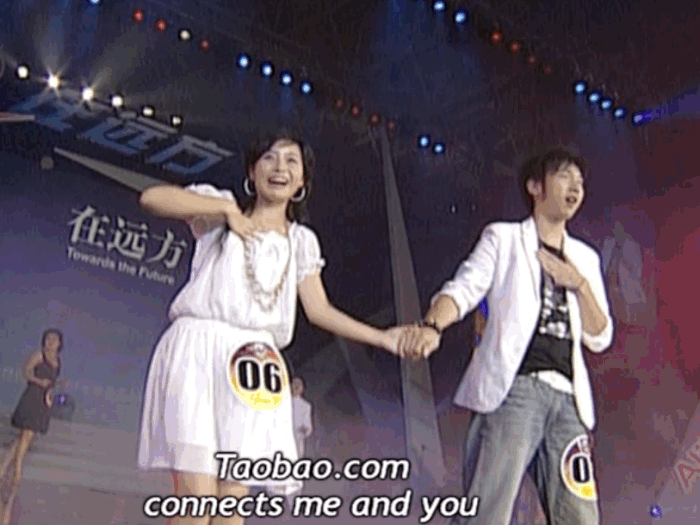
Alibaba's employees allowed themselves some well-deserved (and goofy!) celebration.
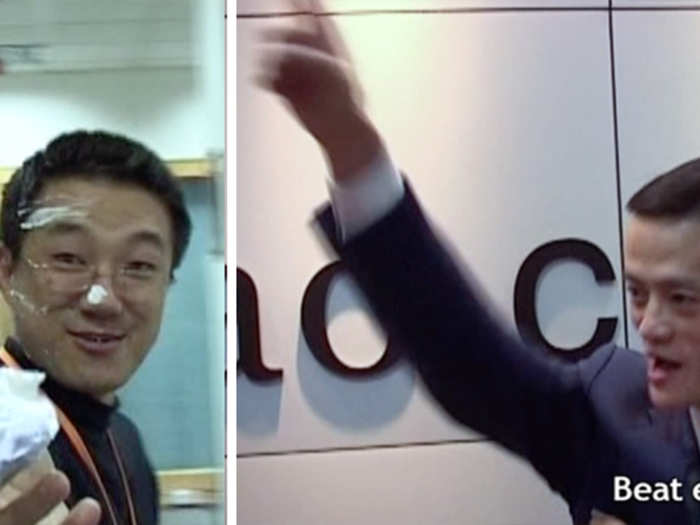
The two companies were neck-and-neck in early 2005. eBay decided to invest $100 million more in Each.net.
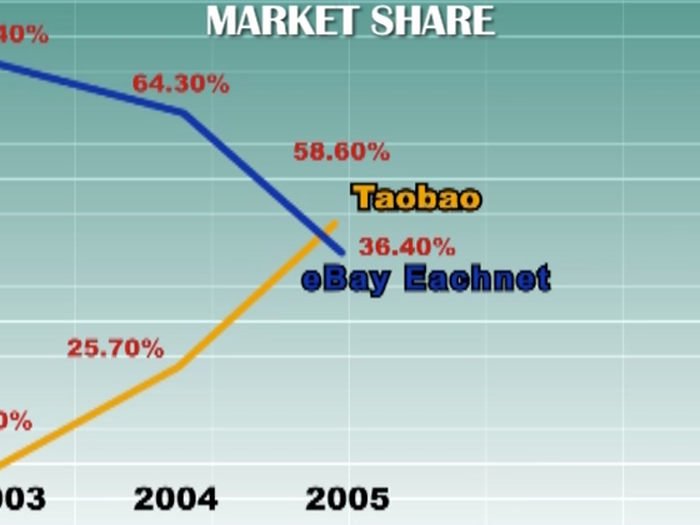
But in the States, investor confidence in eBay started to crumble. Why did it need that huge additional investment?
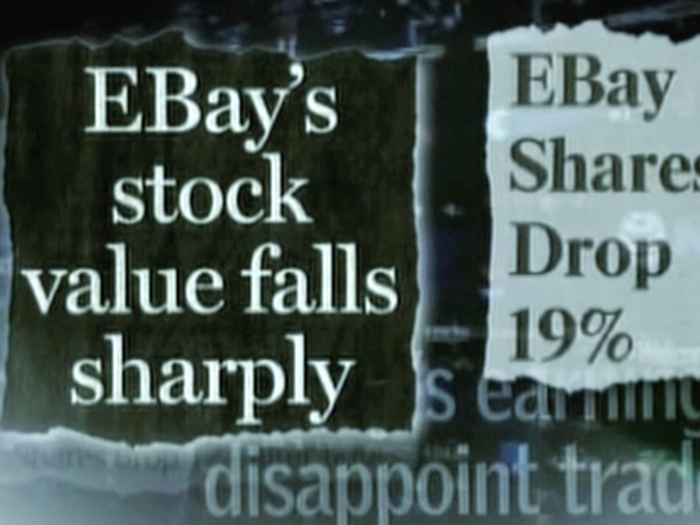
Whitman knew that eBay had to win China, but its numbers weren't good. She brought Ma to the company's headquarters in the U.S. to discuss a partnership.
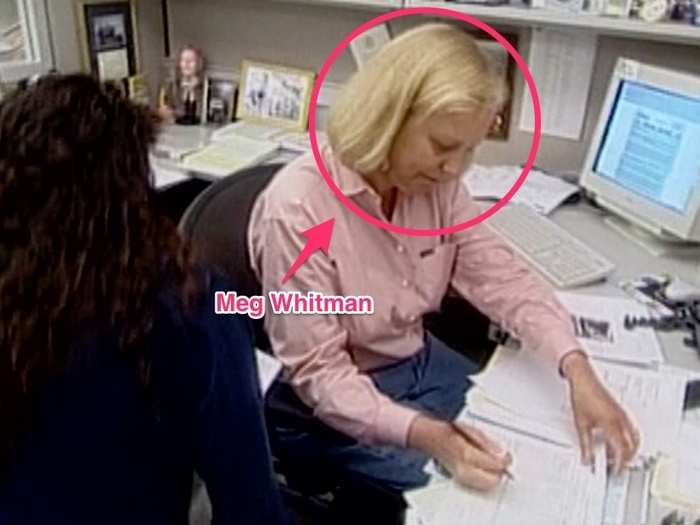
Ma didn't want to work with Whitman and eBay. He sensed she just wanted to buy the market to please U.S. investors. Plus, he had another card up his sleeve...
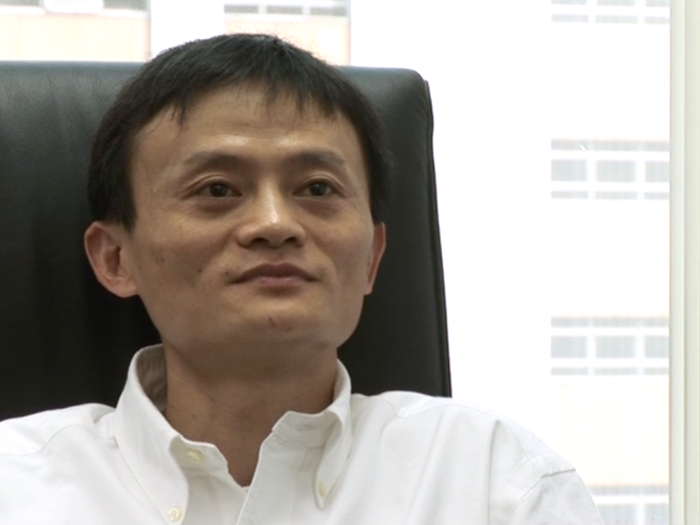
Yahoo bought a $1 billion stake in Alibaba.
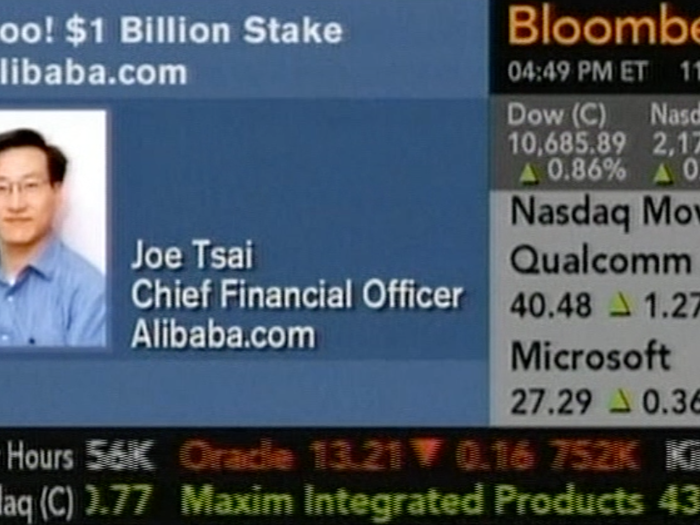
It was one of the biggest deals in Internet history. As part of the deal, Alibaba would also be running Yahoo's Chinese services.
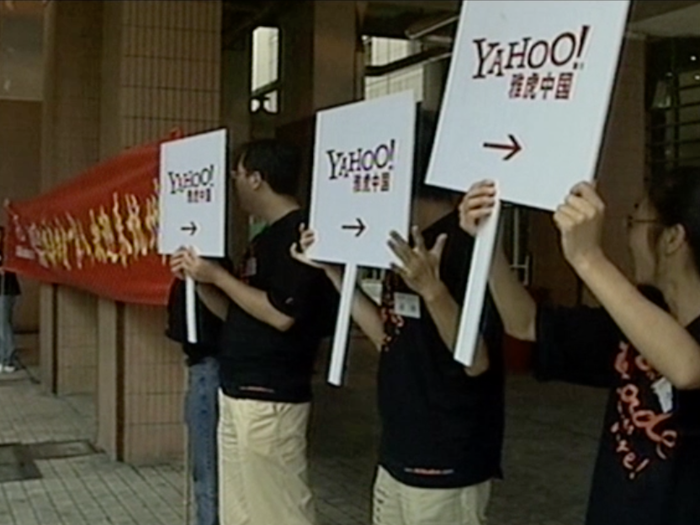
The Chinese government approved of the deal and had confidence in Ma.
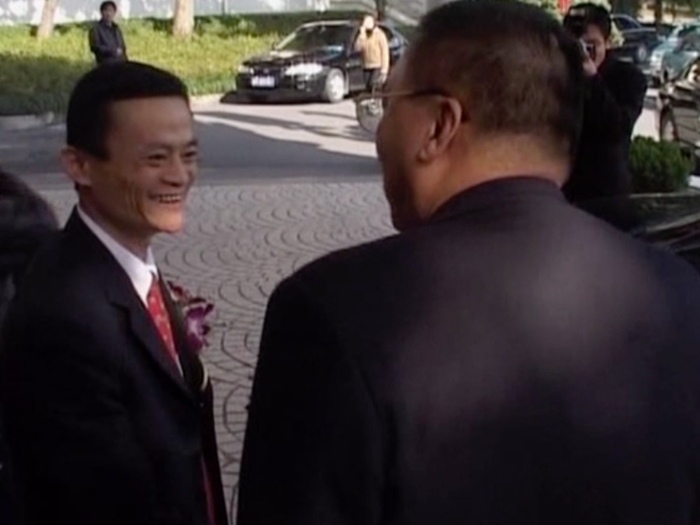
The mood at Alibaba was euphoric, but it didn't last long. Years before, Yahoo had helped China's government prosecute a journalist. Ma was constantly put on the hot seat about whether he thought Yahoo did the right thing.
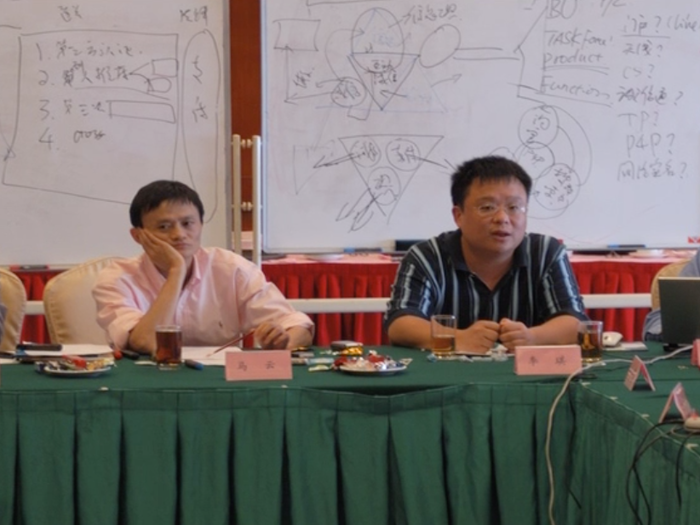
The controversy was distracting and brought bad press upon both companies.
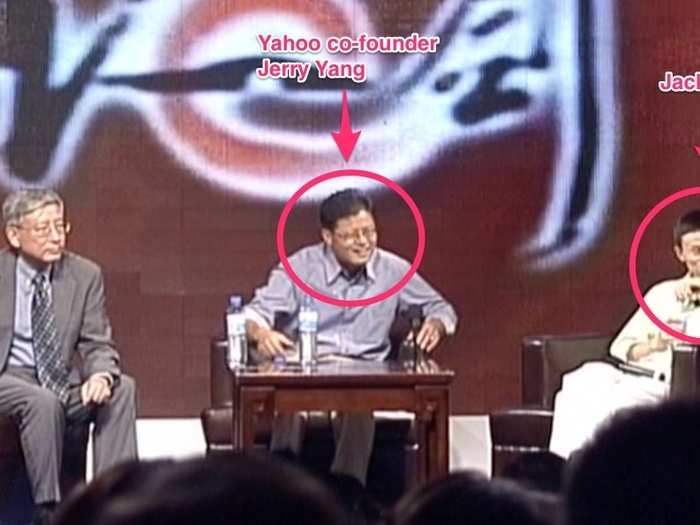
But, despite the scandal, Taobao finally passed eBay in market share in 2006!
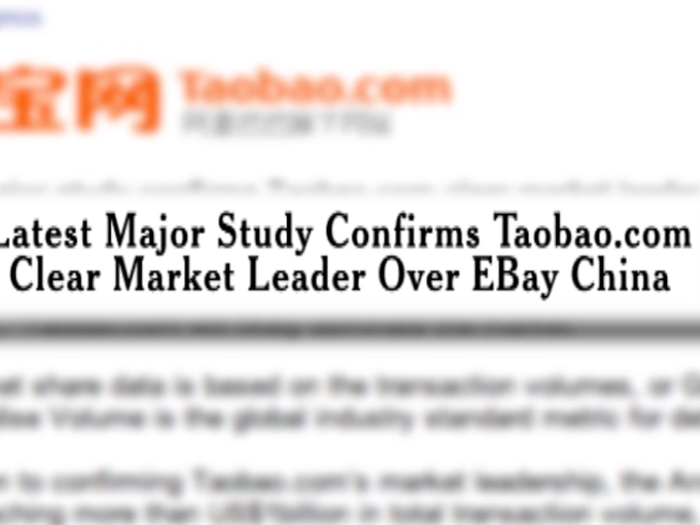
To seal the deal, Taobao launched one more attack on eBay. It announced that its service would be free for another three years.
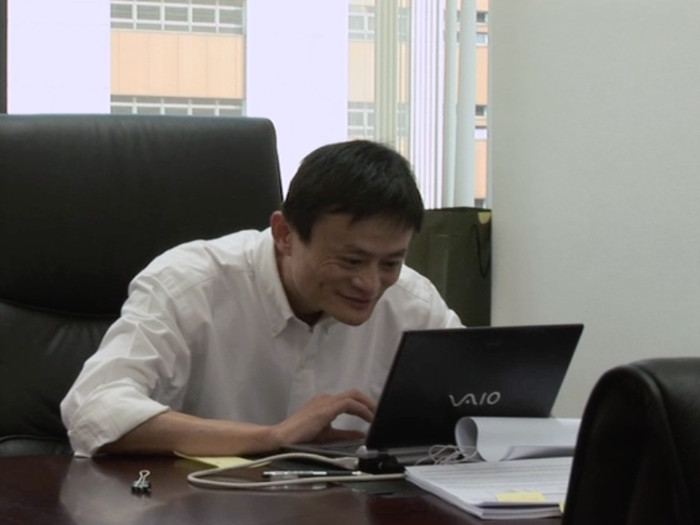
It was a bold move and eBay didn't match it by making its own service free, saying that "Free is not a business model." Alibaba believed that because it could make Taobao's service free, it proved how strong the company was.
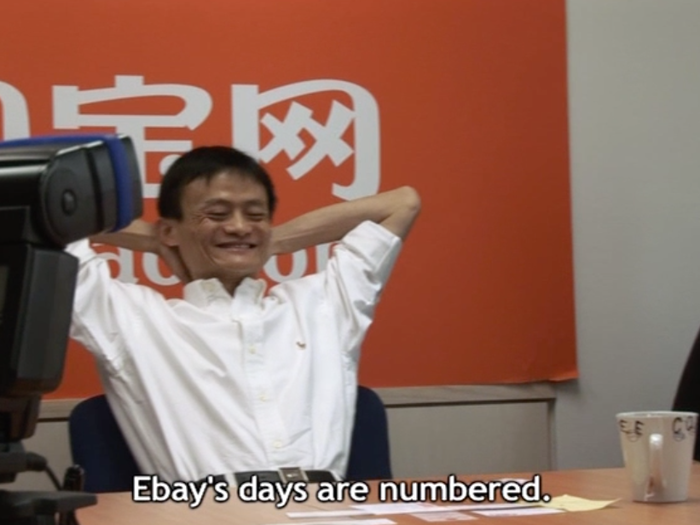
At that point, Ma directed the company to switch gears and stop focusing on the competition with eBay. "If we have no enemy in our hearts, we will be invincible," he said.
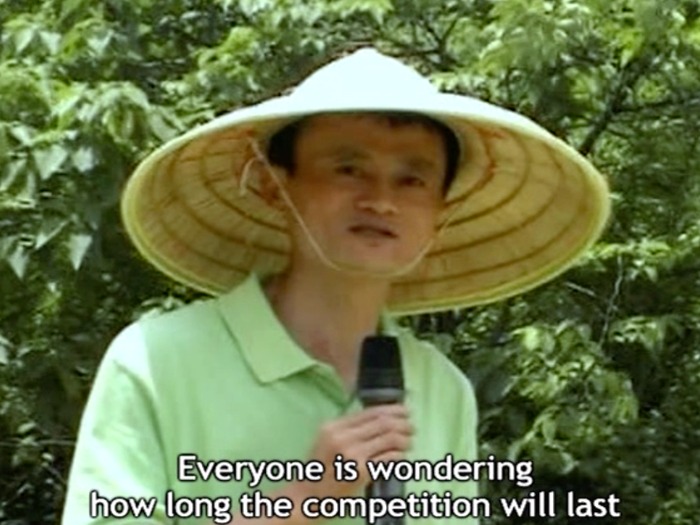
But the damage was done. eBay shut down it's Chinese site by the end of 2006.
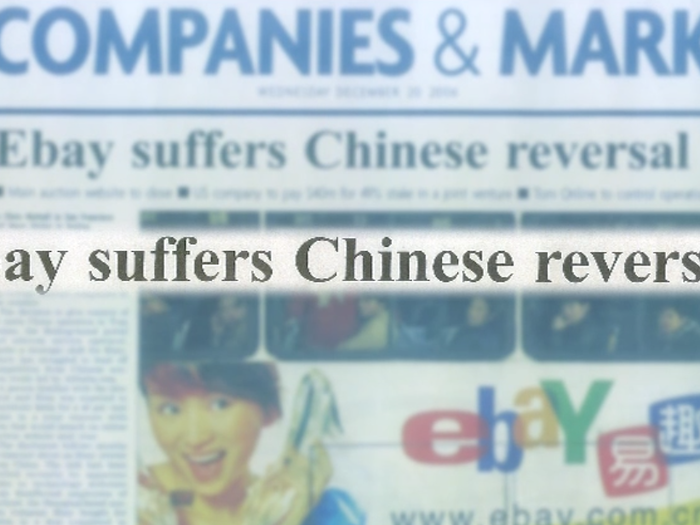
David had beat Goliath.
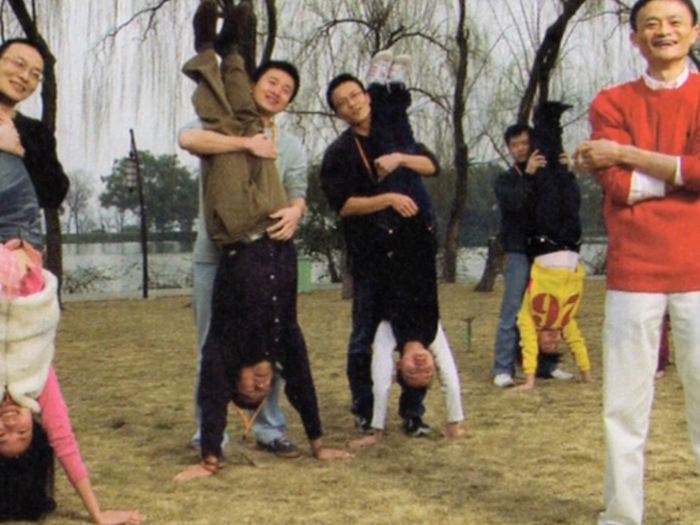
Following that success, there was Alibaba IPO fever. The company took Alibaba.com public in Hong Kong in 2007.
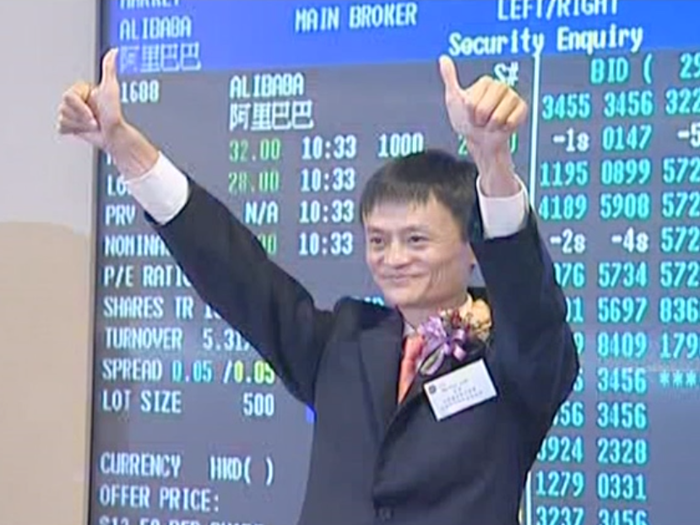
It was an all-around-success story for Ma. There was no doubt that Taobao would soon start becoming profitable like Alibaba.com had.
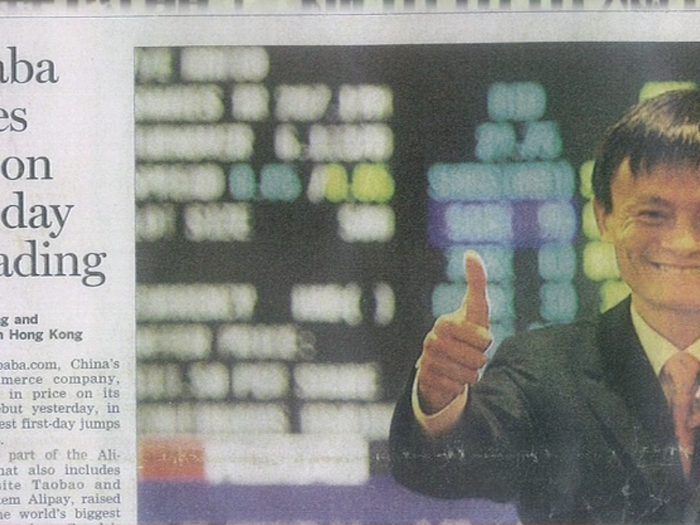
Addressing his employees after the IPO, Ma said that working for Alibaba was so much more than just a job. He believed that the company played a crucial role in shaping the Internet era in China.
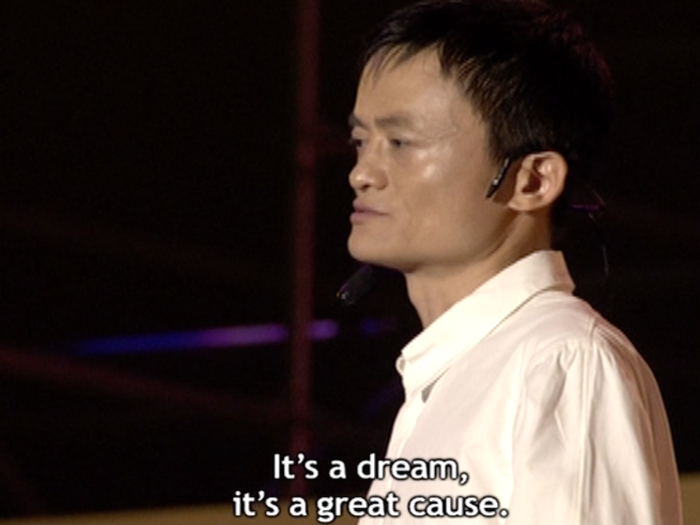
After that, Alibaba continued to grow and launched new businesses. Of course, it had its ups and downs, bad times and good ones. Throughout it all, Crazy Jack remained Crazy Jack. Here he is dressed as a rock-star at the company's 10 year anniversary celebration.
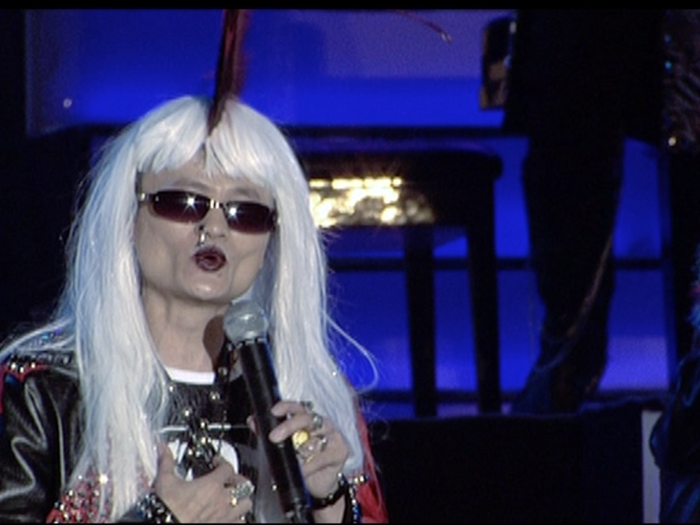
In 2012, the company bought back its shares of Alibaba.com. It is poised to stage another IPO in the U.S. this year. It chose the U.S. over Hong Kong to help make it a more global company and because of issues it had with some of Hong Kong's governance policies.

It has come a long way since that initial, brutal battle with eBay in China, but those early years shaped what Alibaba has become.
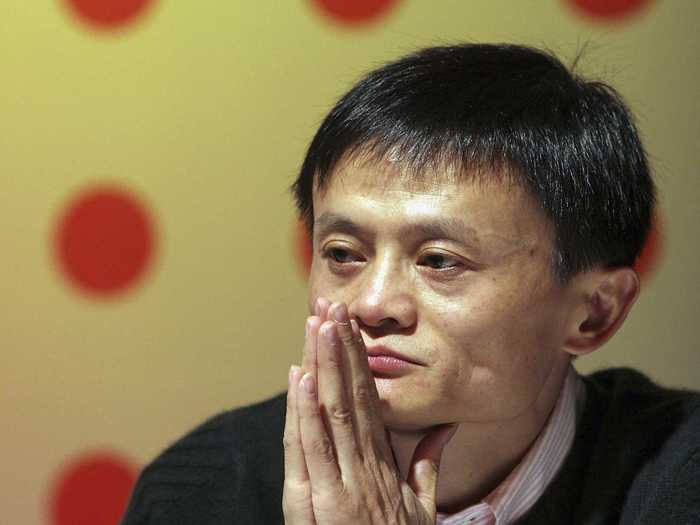
See how big the company has grown today:

Popular Right Now
Popular Keywords
- India’s wearables market decline
- Vivo V40 Pro vs OnePlus 12R
- Nothing Phone (2a) Plus vs OnePlus Nord 4
- Upcoming smartphones launching in August
- Nothing Phone (2a) review
- Current Location in Google
- Hide Whatsapp Messages
- Phone is hacked or not
- Whatsapp Deleted Messages
- Download photos from Whatsapp
- Instagram Messages
- How to lock facebook profile
- Android 14
- Unfollowed on Instagram
Advertisement